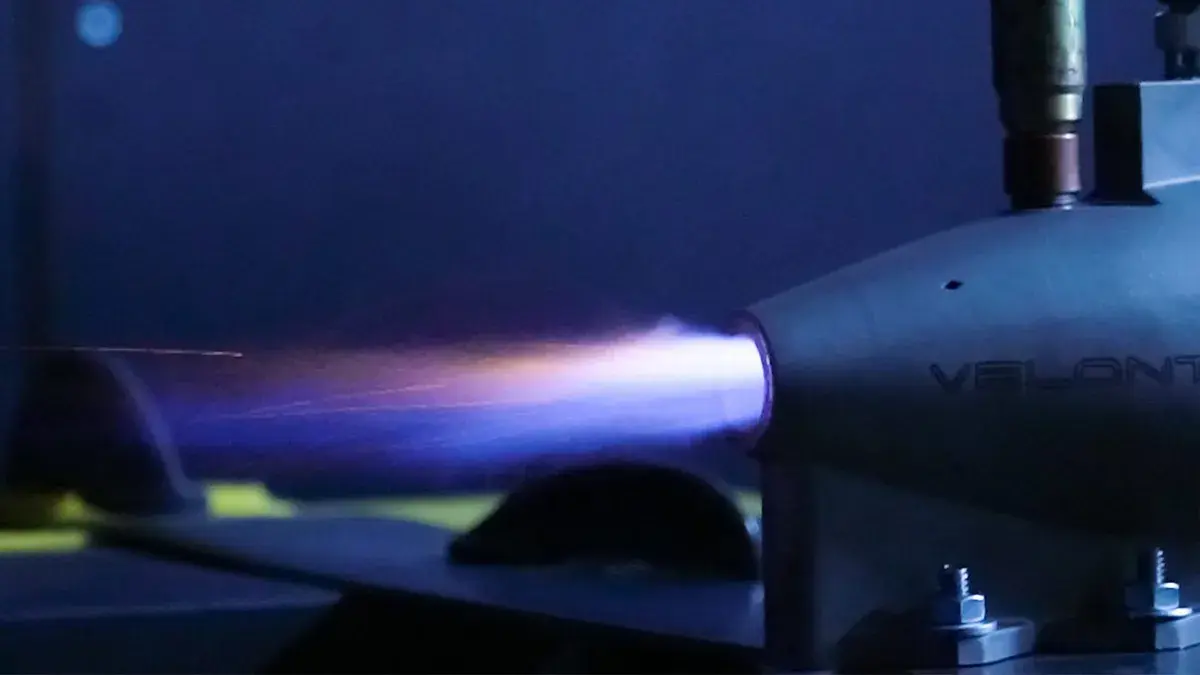Introduction to Forever Chemicals
Researchers have developed 3D-printed ceramic structures designed to eliminate “forever chemicals” from water sources. These chemicals, found in a wide range of products such as non-stick cookware, paints, and fabrics, are notoriously difficult to remove. Scientists at the University of Bath have engineered ceramic-infused monoliths that effectively trap as well as remove these persistent contaminants. These innovative 3D-printed lattices work like magnets for PFAS, capturing and retaining the harmful substances. Remarkably, within just a few hours, they can eliminate up to 75% of these pollutants from water.
Understanding “Forever Chemicals”
The term “forever chemicals” refers to man-made compounds known as perfluoroalkyl and polyfluoroalkyl substances (PFAS). These chemicals have long posed a significant health risk due to their incredible persistence in the environment. Moreover, “forever chemicals” have been linked to various health issues, including reproductive, developmental, and cardiovascular problems.
The Innovation: 3D-Printed Ceramic Monoliths
In this recent innovation, 4cm lattice-shaped monoliths are created by extruding ceramic indium oxide ink through a 3D printer. The indium oxide within these monoliths effectively attracts and binds to PFAS, quickly removing them from water in just three hours. This new technique is also reported to be compatible with existing water treatment facilities in the UK and other regions.
Results and Future Research
In initial trials, the monoliths successfully removed 75% of PFAS from water. Future research will concentrate on boosting this removal rate. Interestingly, the team observed that the monoliths became more effective after repeated use as well as exposure to high-temperature treatments. Researchers plan to conduct additional experiments to gain a deeper understanding of this unexpected improvement.







